Reporting Sexual Violence and the Criminal Trial Process
If you are a victim of, or witness to a sexual crime or child abuse we would urge you to report this to An Garda Síochána. You can do this by the following methods:
An Garda Síochána recognise the emotional and physical pain that victims of sexual crime and child abuse may be suffering. This suffering can often be to such an extent that victims feel that they cannot report the crime to An Garda Síochána. The Gardaí acknowledge this difficulty for victims, but encourage all victims of sexual crime and child abuse to make a complaint to An Garda Síochána to ensure that, where possible, the perpetrator is made accountable.
If you report, you will be assured that:
More information on reporting sexual crime can be found on the An Garda Síochána website.
The Criminal Trial Process
If a decision is made to prosecute the person who committed a crime against you, you may be asked to be a witness in the Court Case against the perpetrator. Click here for information on what to expect from the Courts Process.
Rape Crisis staff can accompany you at any stage of the trial process- before, during and after court hearings. You can contact your local Rape Crisis Centre and trained staff or volunteers will organise to attend at court hearings with you. Whatever the outcome of your case supports services will remain available to you for as long as needed and in any future developments such a parole hearing or release of a perpetrator.
The Rape Crisis Network of Ireland have produced a detailed guide to the legal process for survivors of sexual violence.
The Victims Charter is an important resource to help victims of crime understand the rights that are offered to them under Irish Law. The Charter also describes the Criminal Justice System so that you can understand what to expect. It has a whole section dedicated to victims of sexual violence which you can find at https://www.victimscharter.ie/support-reporting/sexual-violence-victim-information/.



